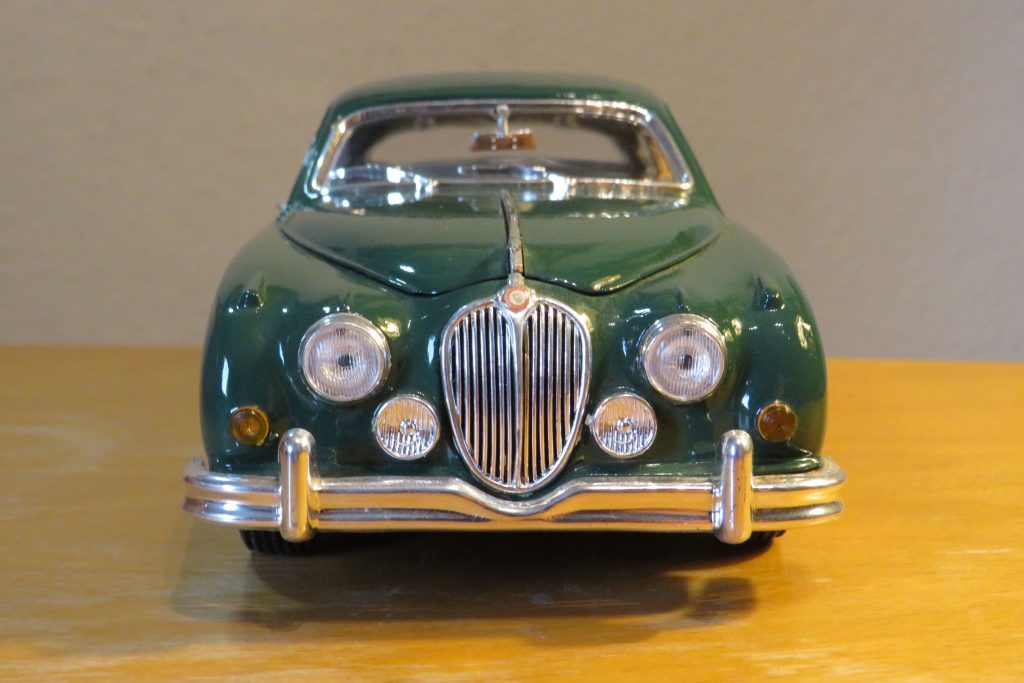(27.06.2023/Leo) So vielfältig, weitläufig und international wie die Techno Classica ist keine anderen Oldtimer-Messe in Deutschland. Clubs, Hersteller und Händler zeigen, was sie haben und die Diskussionen über hohe Preise gehören eben genauso zu dieser Messe wie die weiten Wege. Schön, dass die Hallen wieder voll sind – mit Autos und Besuchern.
Auf den Freigeländen der Messe sind viele klassische Autos von Händlern und Privatpersonen ausgestellt. Das Interesse an den Fahrzeugen ist nach wie vor hoch, und die Messe ist gut besucht. Allerdings sind die Preise für die angebotenen Fahrzeuge deutlich gestiegen.
Die Techno Classica ist eine bedeutende Veranstaltung für die Oldtimer-Szene und markiert den Beginn der Saison. In diesem Jahr finden die Ausstellungen in allen acht Hallen sowie im Freigelände statt. Es werden über 2.700 Oldtimer und Youngtimer erwartet, die von rund 200 Clubs präsentiert werden. Volkswagen ist mit den Marken Audi, Skoda und Porsche vertreten, während Lamborghini und Ferrari ebenfalls vertreten sind.
Die Techno Classica ist bekannt für ihre Vielfalt, Weitläufigkeit und internationale Ausrichtung. Die Messe bietet Clubs, Herstellern und Händlern die Möglichkeit, ihre Fahrzeuge zu präsentieren. Die Diskussionen über hohe Preise gehören ebenso zur Messe wie die zahlreichen Ausstellungen. Trotz einiger Herausforderungen ist es erfreulich zu sehen, dass die Hallen wieder voll sind, sowohl mit Autos als auch mit Besuchern.
(Anmerkung der Reaktion Leo: Das Magazin Fokus schreibt in seinem Titel zur Techno Classica 2023 von einer “verschnarchten” Oldtimer-Szene in Deutschland und attestiert einen Neustart.)
***English Version***
The Techno Classica in Essen, which is touted as the world’s most important classic car fair, is in need of a reboot. While the exhibition still showcases spectacular classic vehicles, it struggles to offer anything new or different. Visitors to the event are left wanting more, as the show mainly features familiar and well-established offerings.
In 2023, the organizers envision the classic car showcase to be larger, more impressive, and more diverse. However, traditional trade fairs are finding it increasingly challenging to attract audiences across industries. Despite the enduring appeal of the meticulously maintained vintage and youngtimer vehicles displayed in the ten Grugahallen exhibition halls, the Techno Classica itself has become somewhat dated, much like the majority of the cars proudly presented by their owners. Once again, car enthusiasts leave Essen wanting something fresh and different. The array of vehicles on display, from the 60-year-old Mercedes 600 to the 100-year-old MG and other remarkable classics, is undoubtedly impressive. Yet, a few halls away, one can find a brand new white VW Beetle Cabriolet priced at almost €90,000 or AMG founder Werner Aufrecht’s beloved Pagoda model in a striking green metallic finish. There are garage finds, VW Type EA 489 base transporters, hardworking “ant” cars, and even a Citroen SM ambulance—plenty to indulge in and dream about. Fan clubs and interest groups have become the focal point, as the Techno Classica remains a significant event for them. Many manufacturers have turned their backs on the classic car fair, and those who still participate have noticeably downsized. Despite noticeable fluctuations, the classic car market continues to thrive.
The officially declared 2,700 vehicles on offer at the fair are mind-boggling, ranging from a beige 1973 Mercedes 450 SL and a grass-green Porsche 911 2.7 to a modern Morgan Threewheeler or a BMW 2002 Turbo—legends of automotive passion.
However, the fair lacks the innovative edge necessary to attract new and fresh visitors as an international scene hotspot. The apparent stagnation of the Techno Classica is not due to waning interest in automotive treasures of past decades—quite the opposite. The issue lies with the fair’s concept itself. Observing the evolution of classic car events worldwide over the past few years, one can sense that a standard trade fair no longer fulfills the desires of future classic car enthusiasts. The main problem is that classic cars, for many car enthusiasts, don’t belong in a dull hall with artificial lighting, tightly packed alongside other classic cars, each a sight to behold. However, in many Techno Classica booths, it feels a bit like being in an old shoe store with displays and shelves from the 1970s. It’s no longer just about the sheer number of stunning vehicles; it’s about creating a contemporary experience that ignites a passion for the coveted classics that embody a significant part of automotive history. Events like the Monterey Autoweek in August, the small yet exquisite classic car gathering in Amelia Island, Florida, in March, or the Concours d’Elegance, which aspires to become the Como Carweek held annually in May, showcase how this can be achieved. The Techno Classica aims to encompass a little bit of everything: a renowned scene meeting point, a noteworthy sales fair, an international fan gathering, a lucrative parts market, and, on top of all that, a shining showcase for major classic car dealers and even the automakers themselves. This concept isn’t entirely obsolete but does require urgent revision. The captivating classics on display within the 120,000 square meters in Essen are no longer sufficient to evoke genuine emotions. What is lacking are modern entertainment, auctions.

